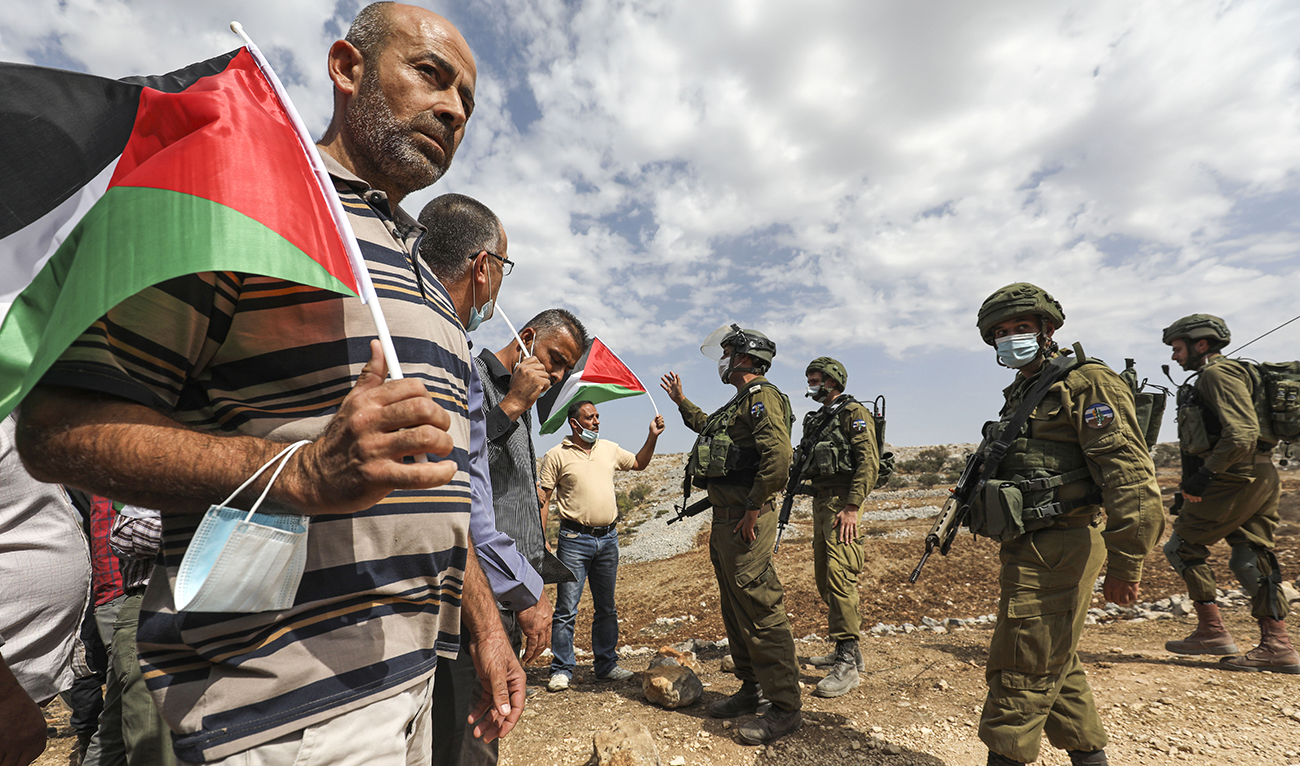Women on 10 flights from Qatar invasively examined: Australia
SYDNEY: Female passengers on 10 planes flying out of Doha were forced to endure invasive physical examinations, Australia’s foreign minister said Wednesday, greatly expanding the number of women previously thought affected.
It was revealed on Sunday that women were removed from a Sydney-bound Qatar Airways flight in Doha earlier this month and forced to undergo vaginal inspections after a newborn baby was found abandoned in an airport bathroom.
Australian Foreign Minister Marise Payne told a Senate hearing Wednesday that women on “10 aircraft in total” had been subject to the searches she has described as “grossly disturbing” and “offensive.”
“We became aware of that yesterday through advice from our post in Doha,” she said.
She said 18 Australian women on the October 2 flight to Sydney were affected, along with “other foreign nationals.” AFP understands one French woman on the flight was among them.
Payne did not detail the destinations of the other flights.
The incident has sparked a diplomatic row between Australia and Qatar, with Canberra lodging protests with the Middle East nation over the treatment of its citizens.
Officials said Australia was also working with other countries to jointly raise concerns with Doha but refused to name those countries, citing privacy concerns.
Payne admitted she had not spoken directly to her Qatari counterpart, saying she was “waiting to see the report” on the incident, which she expected to receive this week.
Doha’s Hamad International airport previously confirmed a broad outline of events, without providing details of the procedures, or the number of women and flights involved.
It also launched an appeal Sunday for the child’s mother to come forward, saying the baby remains unidentified but is “safe under the professional care of medical and social workers.”

Australian recalls ‘terrifying’ moment female passengers strip-searched in QatarAustralia refers invasive search of women at Qatar airport to federal police



